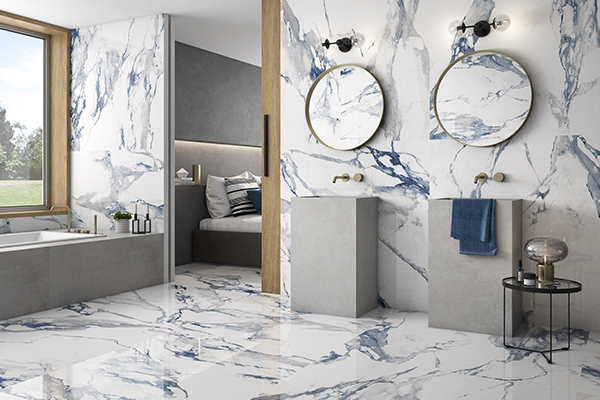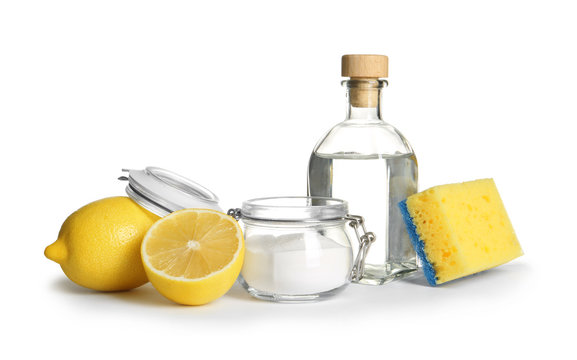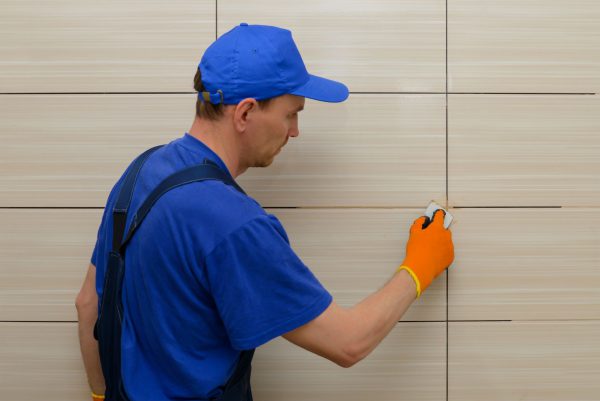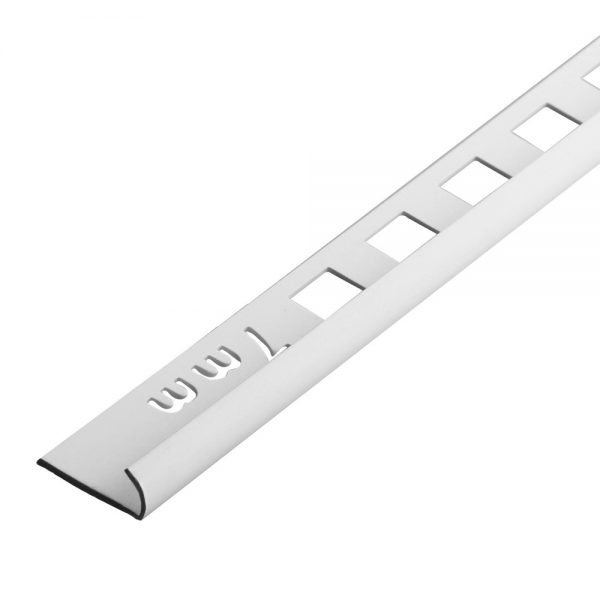ONLINE 0330 912 0434
How to clean bathroom tiles

Keeping bathroom tiles clean is important, letting them get grimy isn’t good for hygiene and can also damage the tiles if left long-term. Thankfully, keeping them clean is an easy job. In this post, we’ll be detailing the best ways to keep your bathroom looking fresh and your tiles gleaming.

What type of tile is being cleaned?
It’s important to know what type of tile is being cleaned to ensure you don’t damage the tiles in the process. Ceramic and porcelain tiles are the easiest to clean and are fine with most cleaning mixtures but can be damaged by heavier chemicals. A Natural stone like marble is susceptible to damage from acidic products like lemon and vinegar, so it’s important to avoid them or else they’ll get damaged.
What are the best products for cleaning porcelain and ceramic tiles?
There’s a humongous range of cleaning products available in stores, but you might just find what you need already at home in a cupboard. We’ve found that some common cooking ingredients work wonders on dirt and grime in the bathroom

Cleaning with lemon
Lemon is not just the tasty ingredient that you have in a dish or drink, it’s also brilliant at cleaning. Its natural acidic properties allow it to slice through the dirt when cleaning, making it brilliant to have around the house. Fill a spray bottle with some lemon juice and spray directly onto the dirty tiles and then wipe clean with a cloth. This solution should leave your bathroom nice and sparkly and even leave a pleasant citrus scent in the air.
Cleaning with vinegar
Mix 1/4 to 1/2 a cup of white vinegar with a litre of warm water and fill a spray bottle. Spray onto tiles and wipe away with a damp cloth. Malt vinegar has a stronger smell so try and avoid using it as it may leave an unpleasant smell in your property.
What to avoid?
There’s no need to rush into heavy chemicals, these can often make problems worse and even create more problems. Porcelain tiles are heated to meld the mixture together, allowing them to become non-porous(waterproof). However, heavy chemicals can damage the hard surface, meaning that the tile loses its waterproof nature and starts taking in water. Damage can also be done to the grout, causing tiles to become loose which will result in water leaking through the gaps and cause damage or create mold.
Another downside to using chemicals is that they can create harmful fumes that can cause irritations to your airways, skin, and eyes if not used cautiously. It may also take a while to properly ventilate the room making it dangerous to be in, so you’ll have to wait for the fumes to clear before you can enter again. It’s best to try and save the chemicals as a last resort, especially when there are other solutions easily available.
How to clean grout lines
Grout gets dirty just as easily as tiles do, having a light-coloured grout can look lovely but unfortunately, it does highlight any dirt or stains in the lines. To clean you can use the previously mentioned lemon and vinegar mixtures, but instead of using a cloth you might want to consider using a brush or an old toothbrush if you have one lying around.
We find it’s better to clean the grouting before the tiles. Some of the grime from the grouting will spill onto the tiles whilst you’re cleaning out the lines, so you can just wipe it away when you’re doing the tiles.

How to clean natural stone
Before cleaning natural stone you should check if you have reapplied sealant to it, as it’s naturally porous (absorbs water) and the cleaning products you use could end up staining the marble instead of cleaning it. Try cleaning marble with warm water and a soft cloth at first. If that doesn’t work, try mixing some mild washing-up liquid and cleaning with a soft cloth. Ensure that sealant is replaced every year so that your natural stone stays water-resistant.
What to avoid?
Any kind of acidic solution is bad for natural stone, it can wear away the sealant and stain the stone itself. As a result, it will damage the stone causing it to lose its shine, create stains and also be more susceptible to stains in the future.
Natural stone is also prone to scratching, try to avoid using thistle brushes and try and use a soft microfibre cloth instead.
Cleaning tile trims
Tile trims are a part of the bathroom that is often forgotten when it comes to cleaning, but it's important to keep them looking great as they can really make a room shine.

Aluminium trims
Grime and dirt naturally build on everything, but due to its composition If your aluminium tile trims haven’t been cleaned regularly they may show signs of oxidation, these are silvery marks that will spread across the trims. Ordinarily, you can’t stop these marks from showing as it’s a natural chemical reaction. To keep them looking perfect they should be regularly polished.
Grime and dirt naturally builds on everything, but due to its composition your aluminium tile trims may show signs of oxidation, these are silvery dusty marks that will spread across the trims. Ordinarily, you can’t stop these marks from showing as it’s a natural chemical reaction, but there are some products you can buy to prevent build up. To keep them looking perfect they should be regularly polished or cleaned it’s perfectly fine to use the previously mentioned lemon and vinegar solutions to wipe your tile trims.
What to avoid with aluminum tile trims?
As aluminium doesn’t react well with alkaline, products containing it like household bleach should be avoided to prevent damage to the trims.
Stainless Steel
Stainless steel is designed to be low maintenance; however, it still needs regular cleaning to avoid tarnishing. Although it may be resistant to oxidation it’s not resistant to rust, which will negatively impact the look and the functionality of your tile trim. Thankfully, similar to aluminium you’re able to use lemon, vinegar, or washing up liquid to clean the trims.
What to avoid with stainless steel
Don’t clean with rough scrubs or brushes as they may scratch the surface of your trims, making it or more susceptible to rust and dulling the look.
Plastic tile trim
Plastic tile trims are the easiest to maintain, they can handle the majority of cleaning products used on them including chemical acids, however we wouldn’t recommend testing its resistance to its limits. You can use all of our previously mentioned solutions and some weaker cleaning chemicals.
What to avoid with Plastic tile trims?
Plastic tile trims don’t handle high temperatures too well, to be safe only clean them with warm water

NEWSLETTER
LATEST ARTICLES
A Guide to “R” Ratings for Tiles
16 Jan 2024
A guide on budgeting for home renovations
7 Jul 2023
© 2024 Home Tiles | Company Reg No 07438591 | VAT No 438506484 | Web design by Citytalk Media



